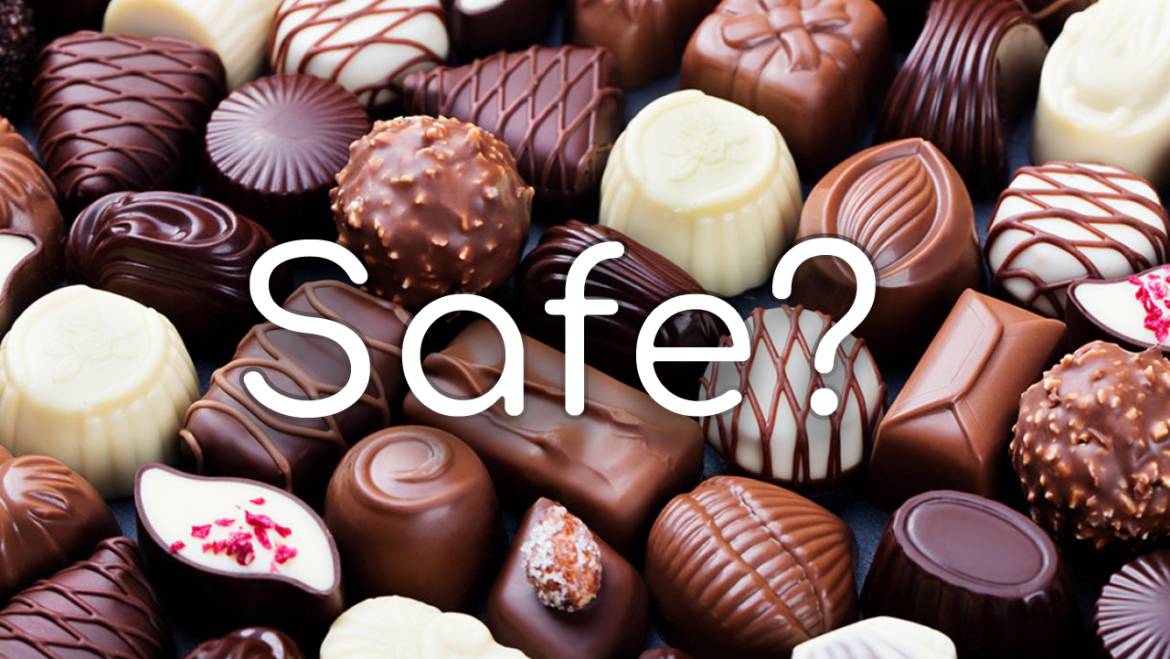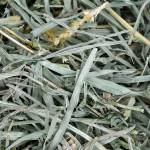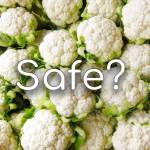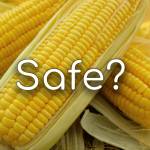Chinchillas are adorable, fluffy creatures that are becoming increasingly popular as pets. As a responsible chinchilla owner, it’s important to know what foods are safe and healthy for your furry friend. One food that many people wonder about is chocolate. While it may be a delicious treat for humans, can chinchillas eat chocolate? In this article, we’ll explore the topic in detail and provide you with all the information you need to know.
The Dangers of Chocolate for Chinchillas
Chocolate contains a chemical called theobromine, which is toxic to chinchillas. Theobromine is a stimulant that affects the central nervous system, heart, and muscles. It’s also found in other foods like coffee, tea, and some types of nuts.
Chinchillas are particularly sensitive to theobromine because they have a slower metabolism than humans. This means that it takes longer for their bodies to process the chemical, which can lead to a buildup of toxins in their system.
Even small amounts of chocolate can be dangerous for chinchillas. Symptoms of theobromine poisoning include vomiting, diarrhea, seizures, muscle tremors, and an irregular heartbeat. In severe cases, it can even be fatal.
Substitutes for Feeding Your Chinchilla Chocolate
While chocolate is off-limits for chinchillas, there are plenty of other treats that they can enjoy. Some great options include:
- Fresh vegetables like carrots, celery, and bell peppers
- Hays and grasses, such as Timothy hay
- Chinchilla-specific treats like rose hips or apple wood sticks
It’s important to remember that treats should only make up a small part of your chinchilla’s diet. The majority of their food should be high-quality hay and pellets.
How to Keep Your Chinchilla Safe
To keep your chinchilla safe, it’s important to keep all chocolate and other toxic foods out of their reach. This means storing chocolate in a place where your chinchilla can’t access it, and keeping a close eye on any visitors who may have chocolate in their bags or pockets.
If you suspect that your chinchilla has ingested chocolate, it’s important to seek veterinary care right away. Even if they aren’t showing symptoms, theobromine poisoning can be serious and potentially fatal. Your vet may recommend inducing vomiting or providing supportive care to help your chinchilla’s body process the toxins.
While it may be tempting to share a piece of chocolate with your chinchilla, it’s important to remember that it can be extremely dangerous for them. Theobromine poisoning is a serious condition that can lead to a variety of symptoms, including seizures and even death. Instead, stick to chinchilla-specific treats and fresh vegetables as an occasional treat. By keeping chocolate and other toxic foods out of reach and being vigilant about potential sources of exposure, you can help keep your chinchilla safe and healthy.







